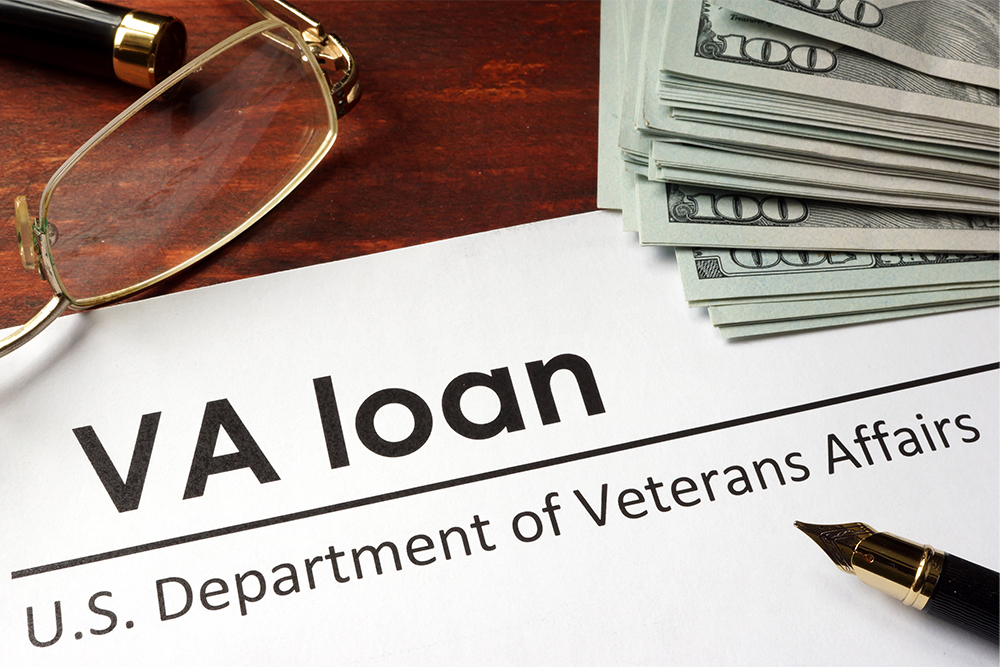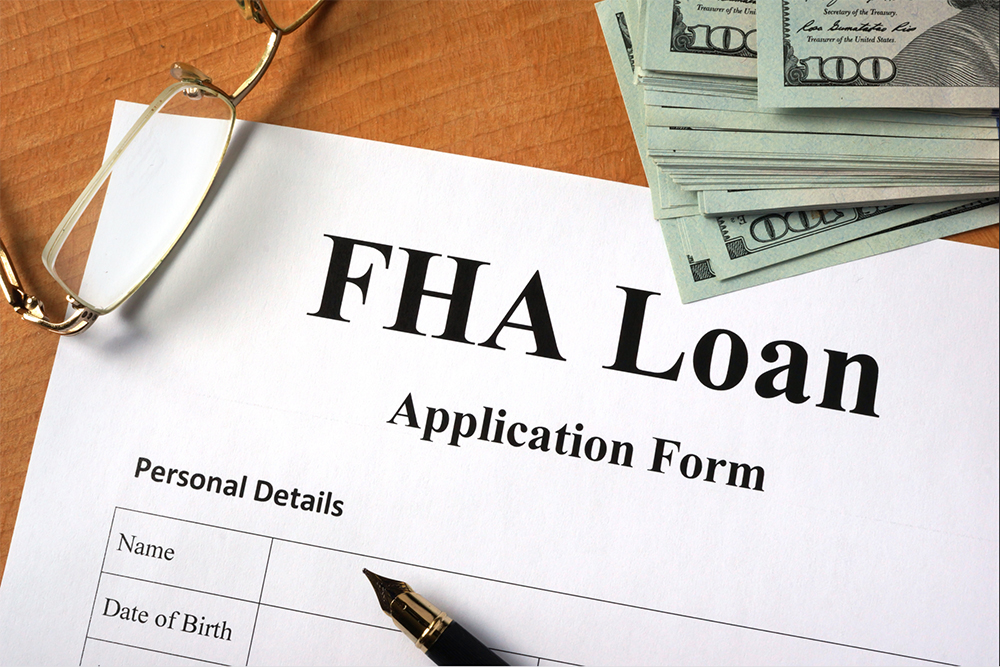Comparing mortgage loan types sounds about as fun as a root canal. But it’s an important part of the home buying process. Choosing a loan based on interest rates alone isn’t the end-all factor, and knowing the differences between loan types can save you money and hassle in the long run.
Three common mortgage loan types are VA, FHA, and conventional. Let’s look at each one in more detail.

What is a VA Loan?
A VA loan is a private loan option backed by the U.S. Veterans Affairs. Applicants are only eligible if they have served in the U.S. military or are a surviving spouse of a military member.
Unlike most mortgage loan options, a VA loan requires no down payment. Rather, you can finance the entire cost of the home. What’s more, these loans do not require borrowers to obtain mortgage insurance, which can help to keep your monthly payments even lower.

What is an FHA Loan?
A Federal Housing Administration loan, or FHA loan, is insured through the FHA. Because loans are insured, lenders are often able to provide better mortgage deals to the borrower.
These loans hold an attractive advantage for borrowers who do not qualify for a VA loan. For starters, down payment requirements are typically lower, often just 3.5% of the home’s sale price. For example, a home that costs $200,000 would require a $7,000 down payment. The remaining $193,000 would be financed.
FHA loans also consider lower credit scores than other types of loans. The borrower’s credit score will determine the percentage of the down payment. The higher your credit score, the less you may have to put down on your home.
Also worth noting is that with an FHA loan, a borrower’s down payment can come from a variety of sources: savings, family members, or a grant for down-payment assistance, for example. This is an important factor to weigh, as other loan types may have restrictions on where your down payment funds come from.

What is a Conventional Mortgage Loan?
Another popular option, a conventional mortgage is available through private lenders but is not insured by any government entity (like the VA Or FHA). Because of the lack of guarantee, conventional mortgages tend to come with stricter requirements.
For example, lenders may look more thoroughly into a person’s credit history, credit score, and other documents. Interest rates may also be higher to reduce the risk to the lender. A higher credit score may help to offset the higher interest rates. Down payments can be minimal (starting at 3%) but may be higher based on the borrower’s history.

Choosing the Right Mortgage Loan Types
Knowing your mortgage loan types before going into the home buying journey can prepare you to make an offer when the time is right. Once you figure out the best mortgage for you, use those requirements to help steer your buying decision.
For more insights into home buying and selling, talk to one of our Upsell home advisors now.
Schedule My Free Appointment Now See how much more you can make when you sell with UpSell!
See how much more you can make when you sell with UpSell!
